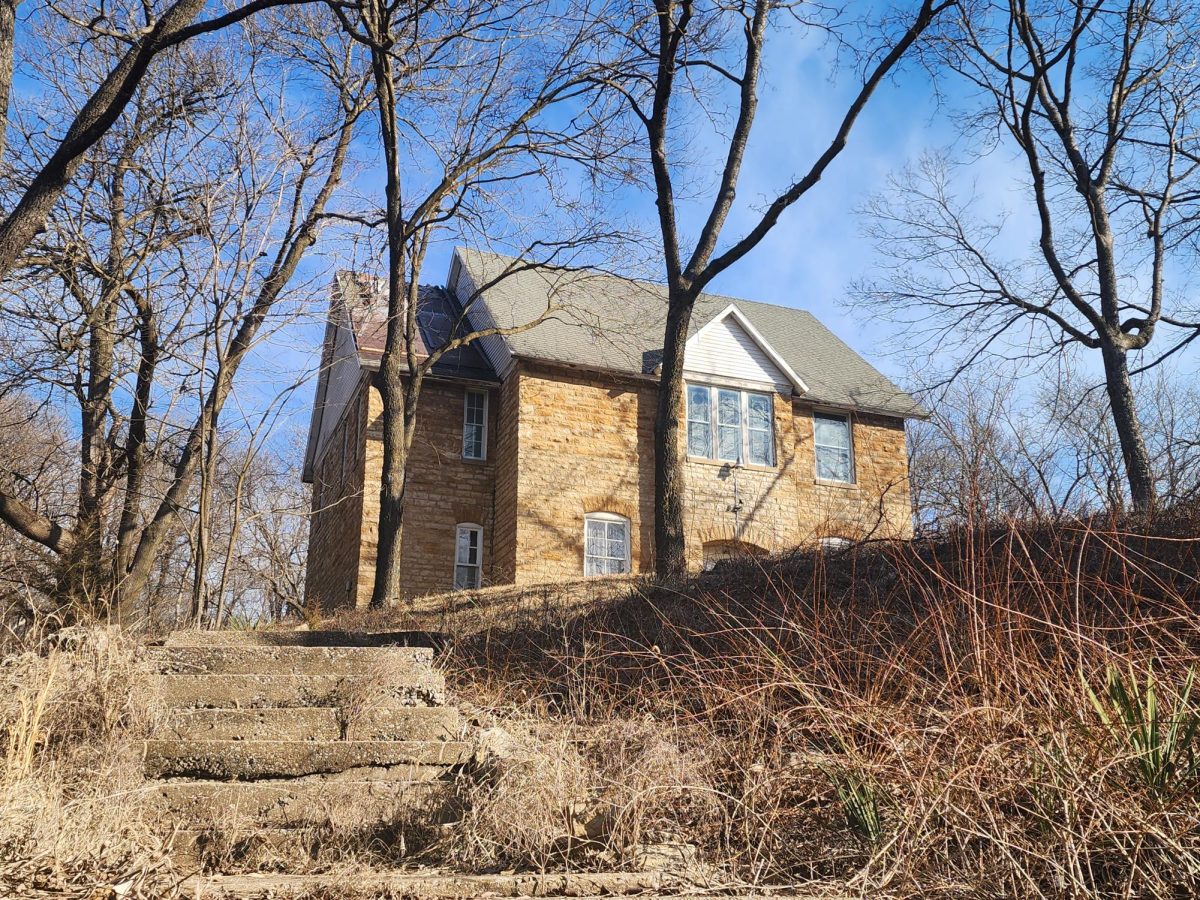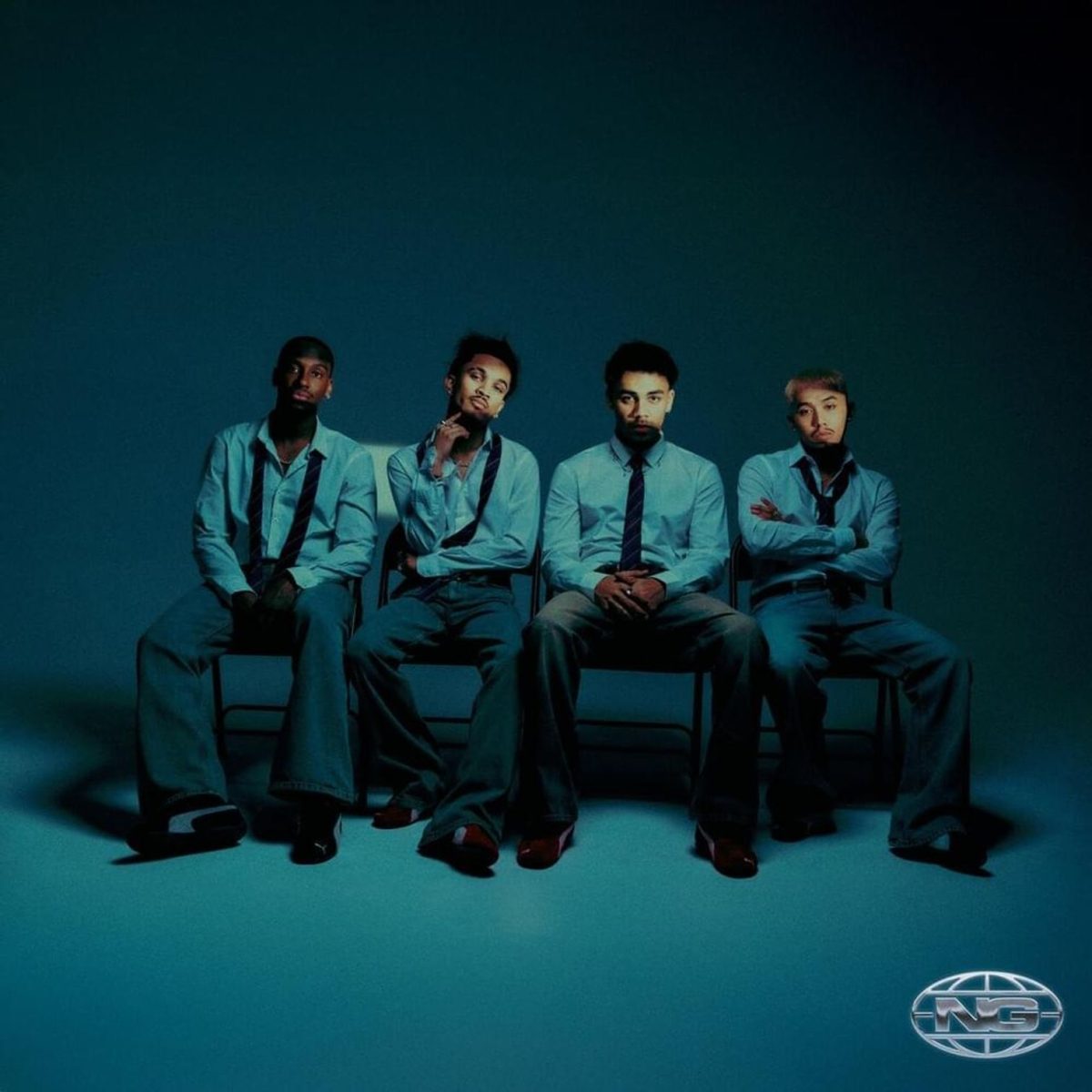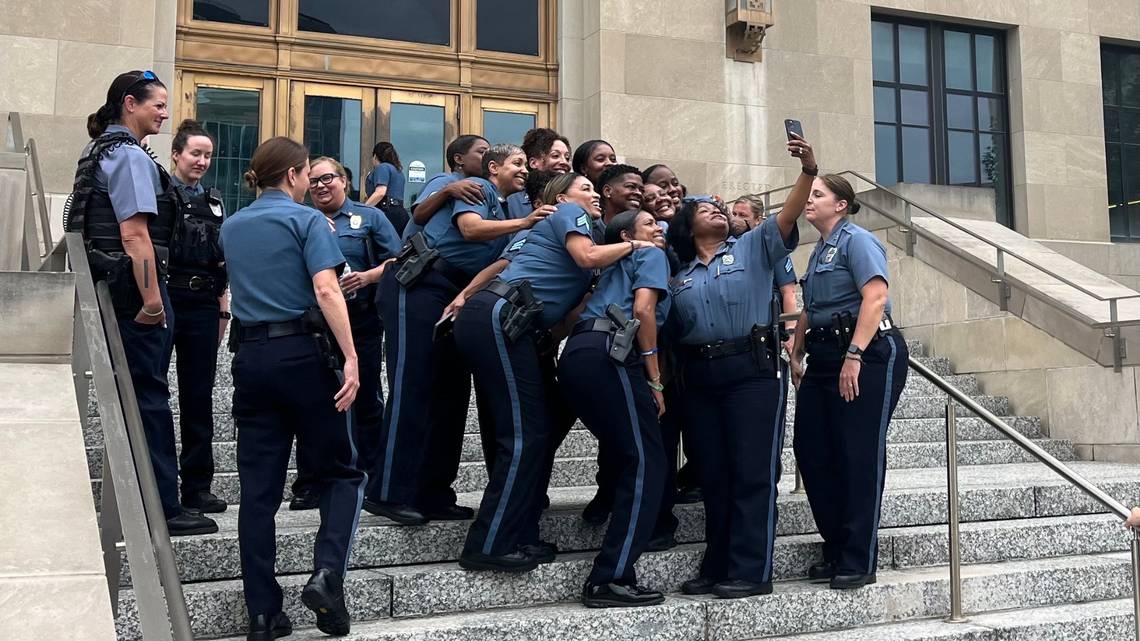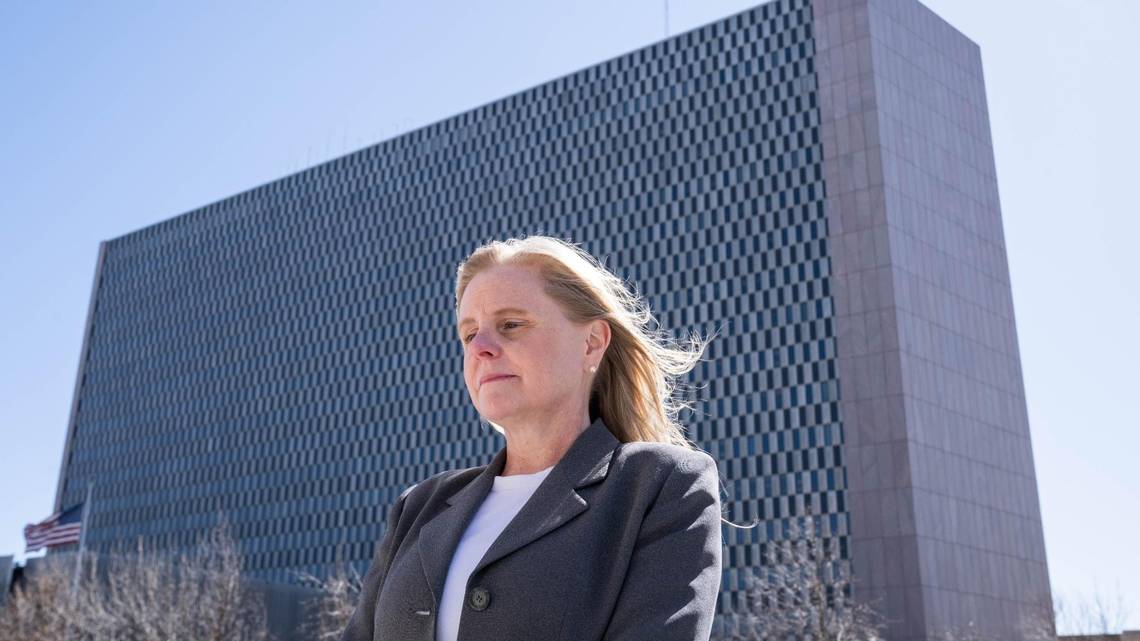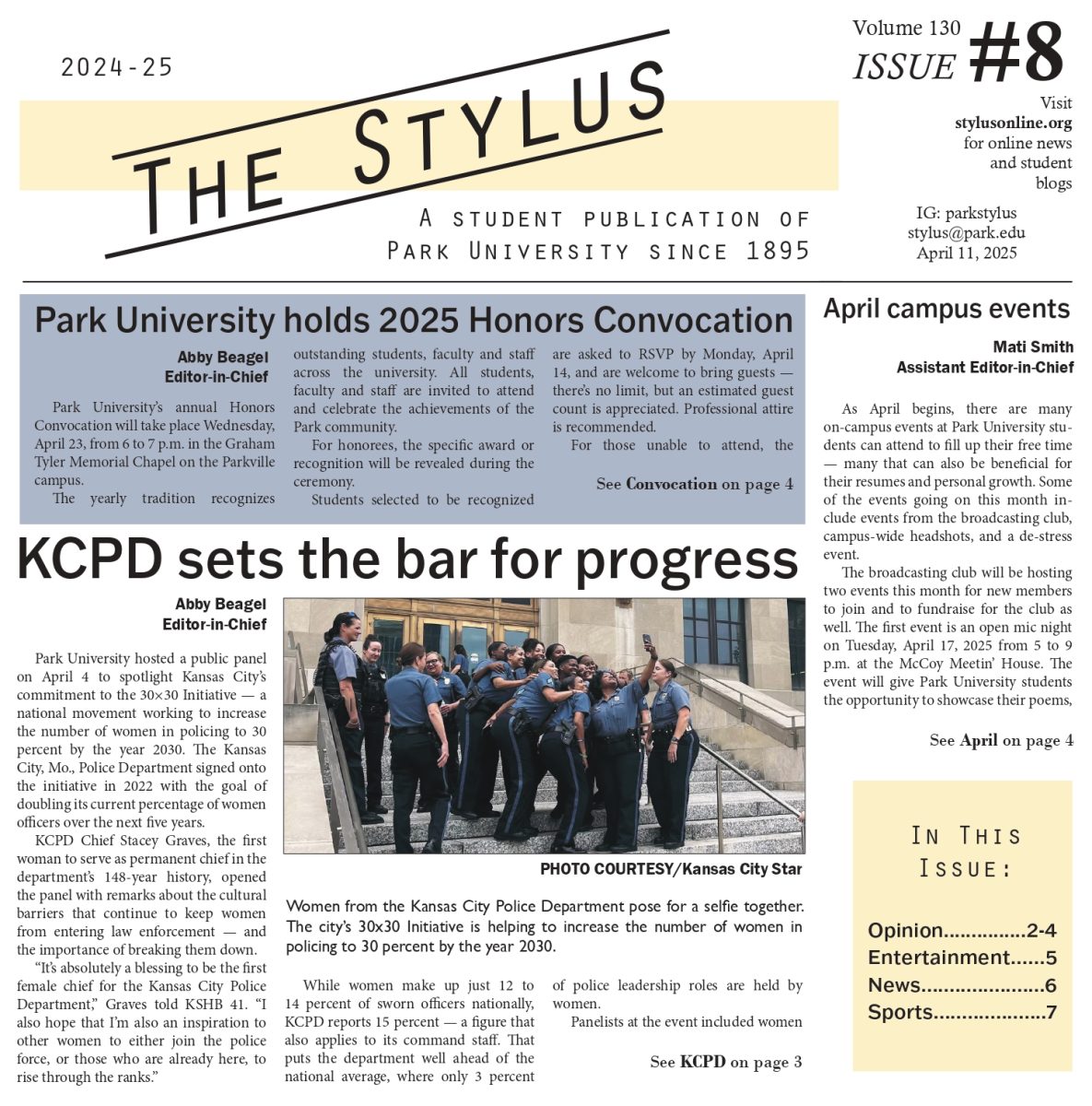The Washington Christian Methodist Episcopal (C.M.E.) Chapel, located in Parkville, was one of 31 historic Black churches in the U.S. awarded by the National Trust for Historic Preservation’s African American Cultural Heritage Action Fund on Jan. 15, 2024.
“It was just so exciting to have our prayers answered,” Pearl Spencer, a trustee and 70-year congregant of the church, said about receiving the grant. The chapel has been closed since early 2020 due to loss of electricity and water damage. The congregation has been hosting services via Zoom and also at the St. James C.M.E. Church in Leavenworth.
Barbara Luetke, another church congregant, spent over a year looking for a grant to apply to. There were 550 total applicants, and the Washington C.M.E. Chapel was awarded it.
“The roof is the number thing to be addressed,” said Spencer. Throughout the last few years, the roof, especially in the bell tower, has been subject to severe water damage. “The water damage knocked out the power and the restrooms,” she said. The restrooms, which were located under the bell tower, will be updated, ensuring both they and the entrance are ADA compliant.
On Jan. 21, 2023, the church was vandalized and a priceless historic panel bearing Park University founder John A. McAfee’s name was stolen. “It was so devastating when those vandals broke that window and took his name,” said Spencer. However, the day of the prayer vigil for the window, the panel was found near the steps, seemingly returned as a gift from God, she said. “The restoration of the window was flawless,” she said, “You cannot spot the difference.”
The vigil for the window gathered the Parkville community. “We had fantastic turnout,” said Spencer. About 60 people showed up to support the prayer vigil. According to Spencer, the chapel “represented the struggle of the Black community in Parkville.” Spencer was among the very first racially integrated class at Park Hill High School in 1956.
The Washington C.M.E. Chapel has played a pivotal role in Parkville and Park University history since it was built by Park students in 1907. The chapel was built with native limestone, similar to campus buildings like Mackay Hall. The church was formed in the 1870s by members of Parkville’s Black community. It was one of two Black churches in Parkville.
In the early 1900s, Arch Brown, a Black resident of Parkville, left with his cousin from Leavenworth on a flatbed wagon for Tennessee. The trip took several months and Brown was able to attend the Colored Methodist Episcopal Convention to affiliate the Parkville congregation with the church. The name of the convention was changed in 1952 from Colored to Christian.
“By Park [University] having such a diverse community, it gave the church such a diverse congregation,” said Spencer. “There were people from Persia, when it was called that. Chinese students. People from all over the world who came and gave us talks and taught us about cultures from all around the world.”
Today, the disrepair of the church is caused by the inability of the congregation to keep up with the maintenance. The chapel’s congregants are looking to the younger generations to continue the history of the chapel and church.
“It isn’t supposed to be a secret,” said Spencer. “We have to quit keeping it a secret. We have to let it be known.”



